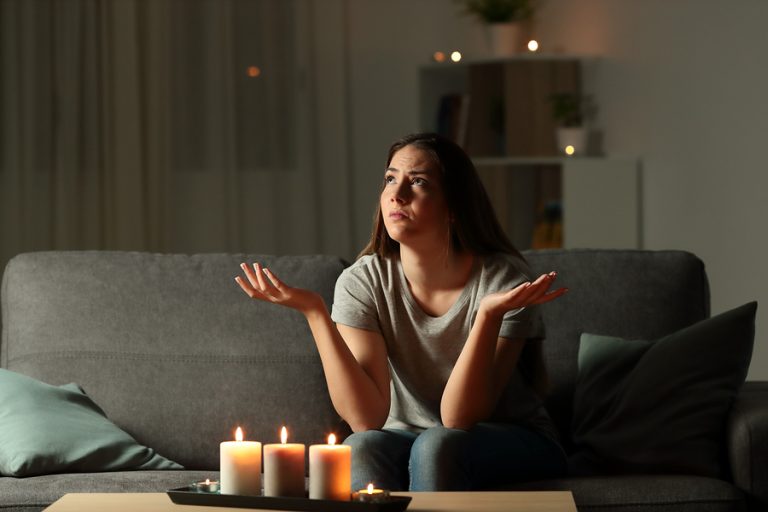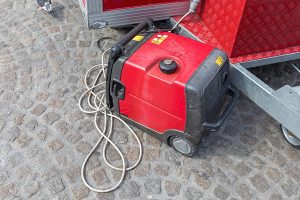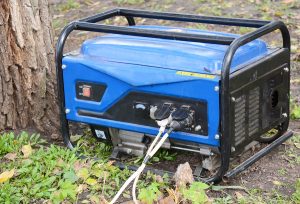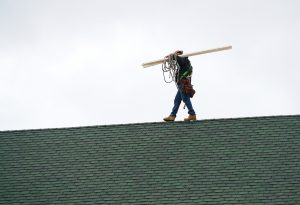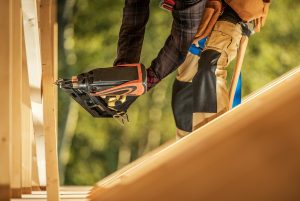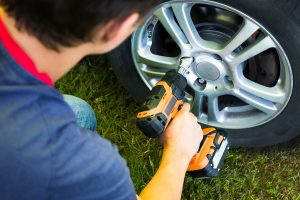If you are on a power grid, then at some point your home will experience a power outage. Whether from a storm, an overload on the grid itself, or someone knocking over a power pole which disconnects your home from the grid, a power outage is something that will occur. This means that you need to be prepared for outages which are both short and long in duration.
What follows are a few tips that will help you cope with the situation until the power is restored. Remember that you should be prepared for the worst, so you can keep your life as normal as possible until the power returns.
Table of Contents
Preparation
The key to getting through a power outage is being prepared long before it happens. You can take solace in the fact that preparation is not expensive nor is it time-consuming. But you do need to do the following to be best prepared when an outage occurs.
- Create an emergency plan
- Put together an emergency kit
- Be alert for weather warnings that may signal a power outage on the way
- Fill up a gas tank, have extra gas available
- Know how to manually operate devices, such as garage doors, in case the power goes out
These are the basics, but the main effort should go into creating a plan of what to do when a power outage occurs. This means that you and your family will know what to do. Not only will it help you prepare, but it will also keep everyone calm as they have duties to perform when the power goes out.
Creating an Emergency Kit
Your emergency kit is the one place that you keep the essentials for surviving the next few hours after the power is gone. A good emergency kit should include the following.
- Non-perishable food & one gallon of water per person
- First aid kit and important medications
- Flashlight, charged batteries, & chargers for cell phone
- Personal hygiene products, a blanket, a battery-powered or hand-crank radio
- Multi-purpose tool, extra cash, and emergency contact information
Be sure your pets are cared for as well with extra food and emergency supplies along with shelter. Remember that to take care of others, you need to ensure that you and your family is safe and has everything needed first.
When the Power Goes Out
The first thing to do when the power goes out is to wait a minute or two to see if it pops back on. Sometimes a power outage may be quite brief, such as when maintenance work is being performed. You should check outside to see if your neighbors have power. If so, then check your fuse box to ensure that it is operating properly.
If it stays off more than a short time the first step is to call your power company. Do not assume that your neighbors will call, you call first and be sure they are aware of the situation.
Once you have made your call and checked the fuse box, put your power outage plan into action. This means you and your family go about performing the tasks necessary to ensure your home and items are safe and protected. Locking doors, unplugging unnecessary items and pulling out the emergency kit. After you have accomplished that task, you should keep the following in mind.
- Stay away from downed power lines. Be sure to include any downed lines when calling the power company.
- Turn off all appliances, but keep one light on to know when power has been restored
- Keep freezer & refrigerator doors closed to trap the cold air inside.
- Use any portable, gas-powered stoves, lanterns, or heaters in a well-ventilated area. Cook outdoors if possible.
Hot Weather
You may need to find shelter that has air conditioning, especially during a summer heat spell. You should close the drapes on the sunny side of your residence. Be sure to drink plenty of water and find the coolest place in your home for your pets.
Cold Weather
Keep the drapes and blinds open during the day and closed at night. Use a fireplace or gas-powered heater to keep warm during the night. For freezing conditions, open your faucets slightly so they drip. This will keep the water from freezing inside which will burst the pipes.
Portable & Home Generator Devices
Portable generators are small gas or battery-powered units designed for a few hours of operation. They can provide power quickly to important items such as refrigerators to keep perishable items fresh. However, gas-powered generators make a considerable amount of noise and gas may be of short supply during a power outage. Diesel powered generators are a popular portable option.
Home generators are large, permanent devices that use natural gas or propane. They are installed much like central air conditioning units and can click on automatically during a power outage. They may last for several hours or longer depending on the supply of propane or natural gas. They can be expensive, but if you are connected to a gas line it may provide power to your home for extended periods.
Be Patient
Once you have executed your power outage plan, it will probably take some time before the power company can restore your electricity. This means that you will need to be patient along with your family to ride out the duration. Activities such as reading, playing games, and the like will help pass the time until the power comes back.
If the power outage is going to be a long one, such as after a natural disaster, then you may want to make plans to stay with relatives or at a shelter. Have the contacts ready before any power outage, so you will know what to do and where to go.
Electricity is such a part of our lives that its absence brings the realization of how much we depend on it for everyday activities. If you take the proper steps to prepare your home and family for power outages that will occur, the better you will be able to cope when it happens.
Founder of HandymanGuides.com and self-proclaimed “Mr. Fix-It”, Mike has countless years of experience building and tinkering with everything under the sun. He works as a local repair guy near Santa Monica, CA and when he’s not spackling drywall, he enjoys spending time with his wife and 2 daughters.

